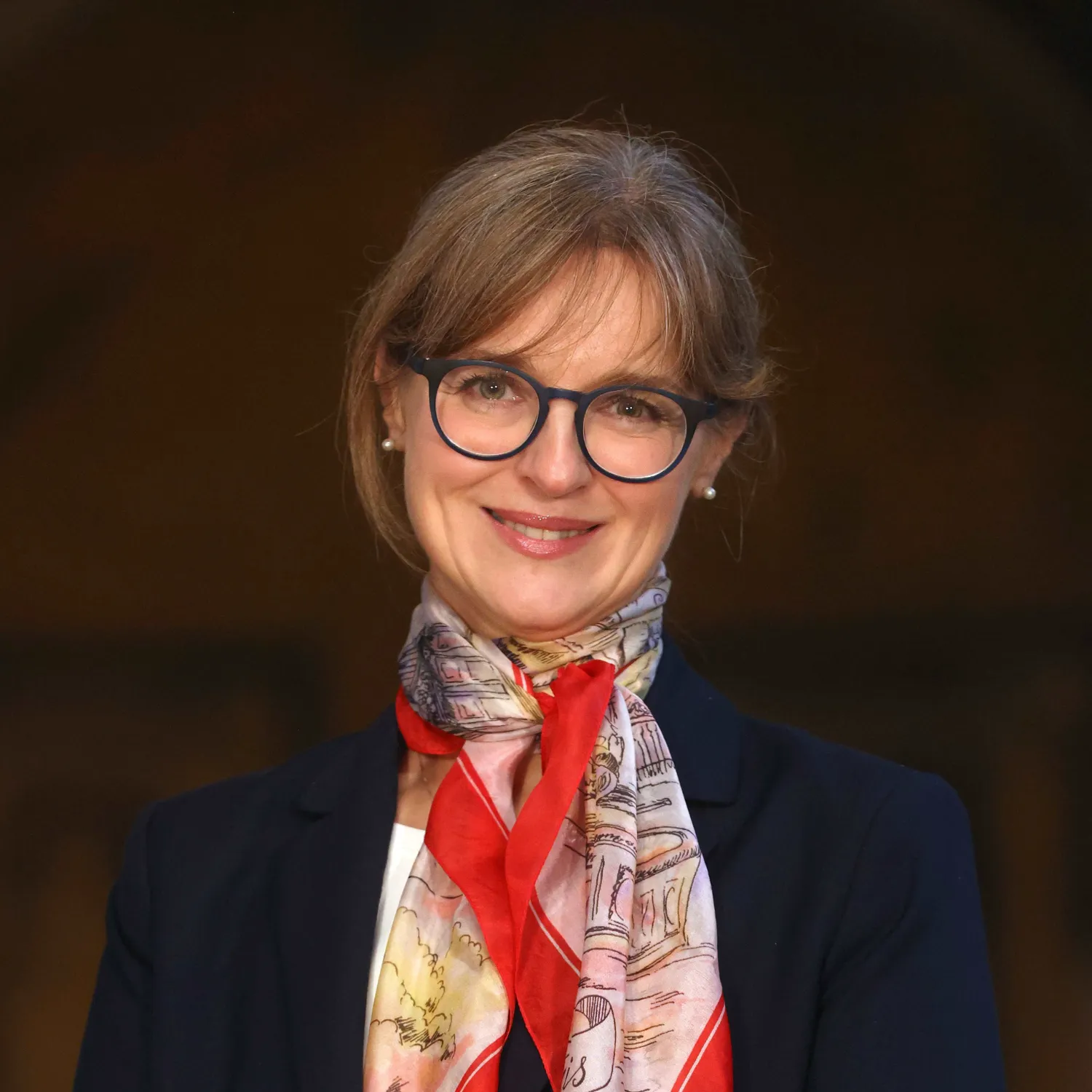
None
For ASNC, all languages are taught from first principles, and we do not assume that you have studied early medieval history or literature at school. Useful preparatory subjects often include English (Language or Literature), History, and a language (ancient or modern).
Admissions Assessment: None
Applicants are required to submit two pieces of written work. This should be in essay format with a word limit of up to 1500 words. The work can be extracted from an EPQ.

St John’s stands out because of the strength of our academics, who together cover literature, history, languages and manuscripts of Britain, Ireland and Scandinavia.
Our Anglo-Saxon, Norse and Celtic Fellows, undergraduates and postgraduates create a vibrant group in St John’s, sharing their passion for studying the Middle Ages and keen to interact and discuss all things medieval.
The Southampton Psalter (pictured) is the earliest manuscript in our historic collections and one of our most beautiful treasures. It dates from the 10th century and combines different kinds of writing in Latin and Irish (Gaelic) with striking illustrations.
The first translation of the complete Bible into Welsh was made in the 16th century by William Morgan, a Fellow of St John’s. It was hugely influential for the development of literary Welsh. You could get the chance to see our first edition in the Old Library.
Since the 16th century we’ve had an enduring connection with Trinity College Dublin, a great way to enrich your studies.
Watch this video to learn more about studying Anglo-Saxon, Norse and Celtic at St John’s.

